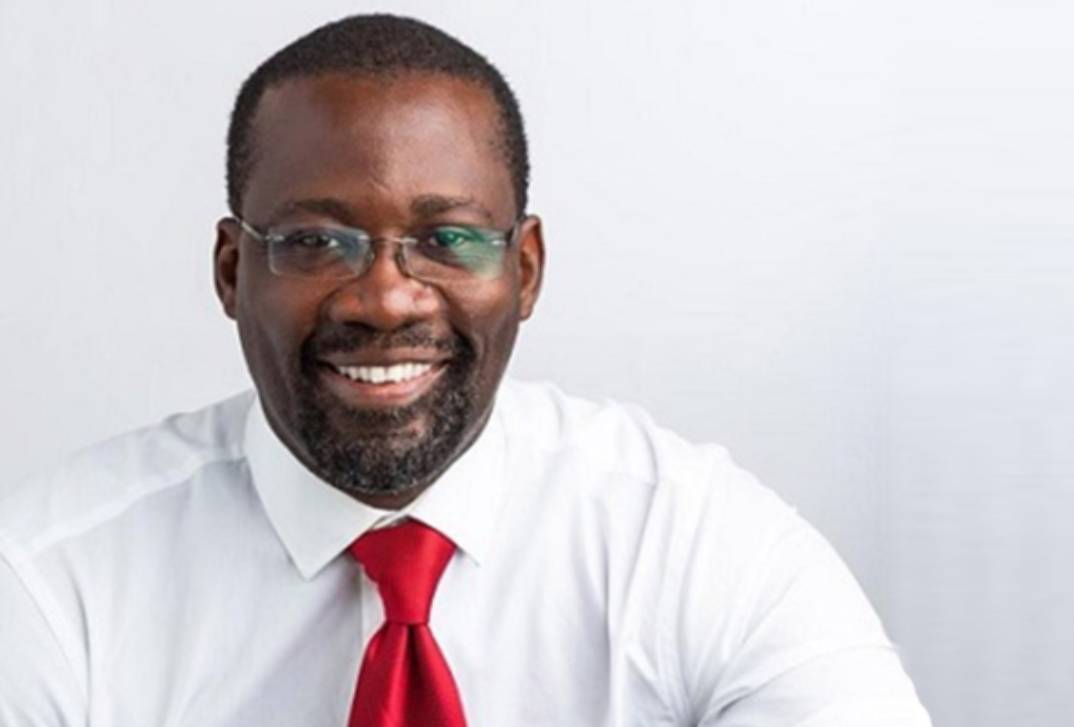Gold-for-Oil Programme: Ex-BOST MD Says Due Process Must Apply if Wrongdoing Is Found
Former Managing Director of the Bulk Oil Storage and Transportation Company (BOST), Dr. Edwin Provencal, has responded to concerns surrounding Ghana’s Gold-for-Oil (G4O) Programme, stressing the need for transparency and legal accountability.
His comments follow a forensic risk assessment report by IMANI Africa, which alleged fiscal leakages, governance failures, and potential fraud within the initiative. According to the report, the programme—designed to stabilize fuel prices and protect the cedi—suffers from structural loopholes and weak oversight, raising questions about its long-term sustainability.
Dr. Provencal Defends the Programme’s Transparency
Speaking in an interview on Joy FM’s Midday News on Monday, September 29, Dr. Provencal maintained that the Gold-for-Oil deal was implemented with accountability at its core.
“If there are untoward findings, the law should proceed. But I believe the programme, from the Ministry of Energy through to BOST as an agent for the Bank of Ghana, was very transparent,” he said.
The former BOST boss welcomed any independent probe, making it clear he has no objections to lawful investigations into the matter.
IMANI Africa’s Claims vs. BOST’s Position
IMANI Africa, supported by a coalition of oversight organizations, has called for urgent prosecutions and recovery of alleged stolen funds, insisting that Ghana risks losing billions if oversight is not strengthened.
The think tank claims there has been a GH¢7.2 billion leakage, citing systemic mismanagement.
However, Dr. Provencal dismissed these claims, referencing official audits by BOST and the Bank of Ghana, which he says highlight accountability rather than corruption.
What’s Next for the Gold-for-Oil Programme?
The debate surrounding the Gold-for-Oil initiative is far from over. While critics call for prosecutions and tighter regulations, officials like Dr. Provencal argue that existing audit reports prove the programme’s integrity.
For now, all eyes remain on whether government institutions will launch deeper investigations and whether any evidence of wrongdoing will lead to prosecutions.



No comments yet
Be the first to share your thoughts!